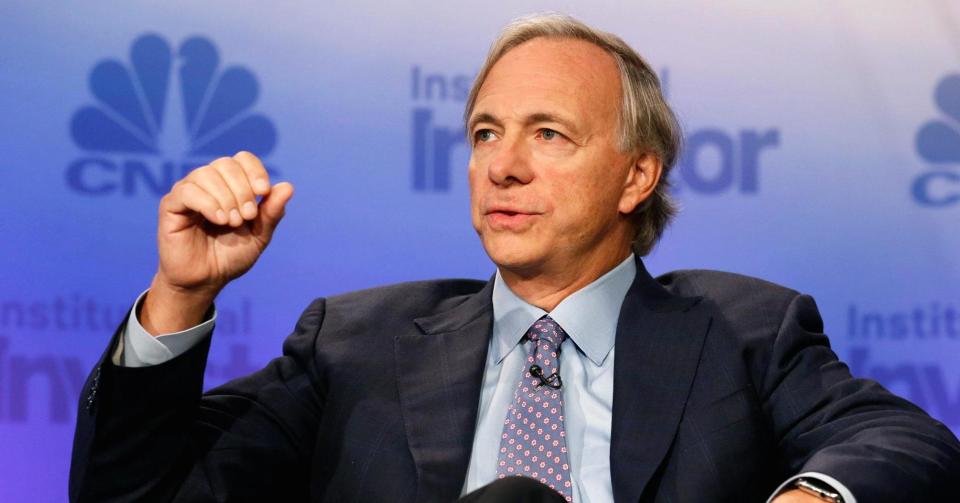Home prices and Salesforce — What you need to know in markets on Tuesday
After a day in which markets seemed more focused on the solar eclipse that took place across the U.S. on Monday, investors will have another fairly light schedule to contend with.
On the docket for Tuesday is the latest reading on home prices from the Federal Housing Finance Agency. The FHFA’s numbers will give investors a reading on home price increases in June, which are expected to rise 0.5% over the prior month.
After the market close the earnings highlights of the day are expected, with cloud services giant salesforce.com (CRM) expected to report adjusted earnings per share of $0.32 on revenue of $2.52 billion.
The defense sector is also likely to be in focus on Tuesday as President Donald Trump was set to speak Monday night on the administration’s strategy in Afghanistan, which is likely to include an increase in troop levels in the country among other initiatives.

Salesforce CEO Mark Benioff
‘Buy the dip’
If one theme has dominated markets in 2017 it is fears about there not being enough fear in the market.
But in a note published on Monday, Morgan Stanley strategist Michael Wilson said last week’s nervousness seen in markets — notably on Thursday — “is just another short and shallow dip to buy.”
Wilson cites strong earnings growth, low interest rates, tepid inflation, and accomodative credit markets, among other factors, as being positives for the continuation of the current bull run. Notably, Wilson does not — as so many investors seem to — view the instability in Washington, D.C. as something that is inherently harmful to the current bull run.
“Two weeks ago, markets quickly adjusted on the back of the conflict between North Korea and the United States,” Wilson wrote.
“However, it took a second scare this past week to get investors to hedge and de-risk to the point where we can say volatility and risk aversion is now too elevated. We think volatility should be lower and risk taking higher given the environment of low fundamental volatility.”
But that the fundamental backdrop for markets and the economy remains solid is not really in dispute, even among those worried about markets and their interactions with politics.
Bridgewater’s Ray Dalio, who on Monday issued his latest missive on the markets and the concerns he currently harbors, wrote, “While I see no important economic risks on the horizon, I am concerned about growing internal and external conflict leading to impaired government efficiency…and other conflicts.”
Dalio also noted that, “the majority of Americans appear to be strongly and intransigently in disagreement about our leadership and the direction of our country. They appear more inclined to fight for what they believe than to try to figure out how to get beyond their disagreements to work productively based on shared principles.”

And it is this kind of structural fissure that creates the conditions for a “tail event” — or something well outside a consensus range of possible outcomes — that is so feared by investors.
In recent weeks, DoubleLine Capital’s Jeffrey Gundlach made waves by saying that his highest conviction bet was that volatility in the market would increase in the coming months. This came ahead of data highlighted by the Wall Street Journal last week that showed products related to volatility accounted for over 5% of the day’s trading volume.
Gundlach’s view that volatility will return, however, is not based on the forecast of there being some dramatic event that flips markets, but rather that volatility is low and it is inexpensive to bet on it moving higher. It is, in other words, a trade. This stands somewhat in contrast to Dalio’s market outlook, which sees politics impacting markets to an extent not seen since before World War II.
And yet Wilson calling for investors to stay the course on owning stocks, and Gundlach looking for a return to volatility, and Dalio seeing unprecedented political impacts are not views necessarily in tension with one another, because it is this variety that makes a market.
—
Myles Udland is a writer at Yahoo Finance. Follow him on Twitter @MylesUdland
Read more from Myles here:

